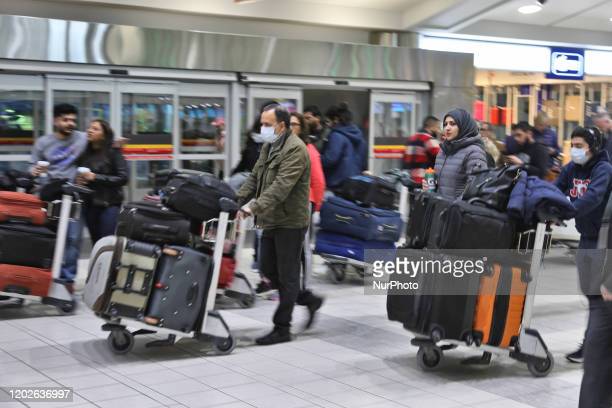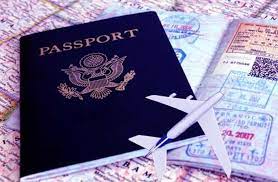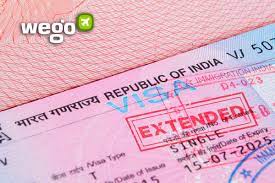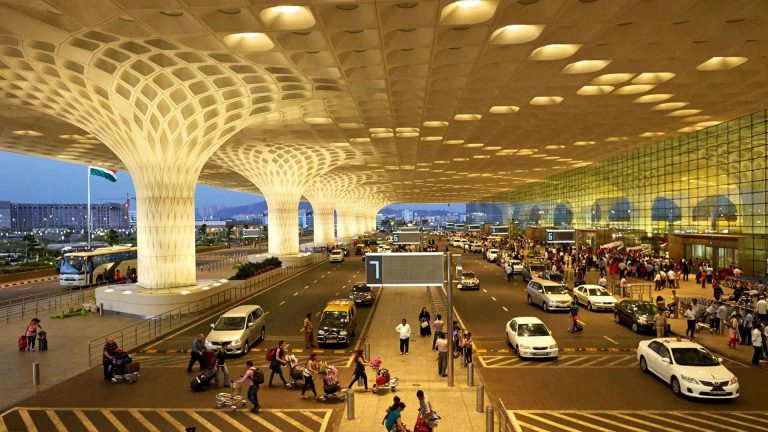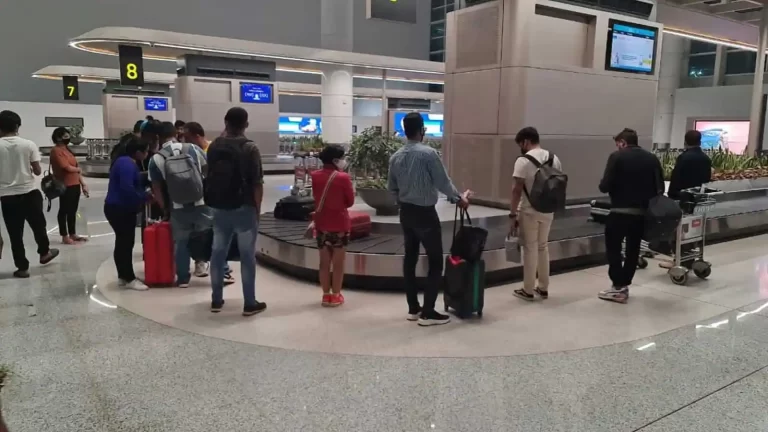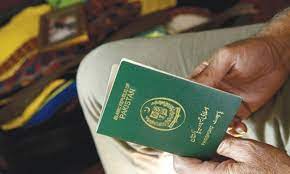Canadian Citizens Getting A Foreign Visa To India May Be A Lot Easier Than You Think
Whether you are Canadian living in the United States or just want to travel to India, it is important that you be knowledgeable on the Indian visa process. In this article, we will take a look at what it means for Canadians to get a Foreign Visa for India and also talk about some of the locations where Canadians can apply for an Indian visa in the US.
How do I go about getting a Indian Visa?
If you are a Canadian citizen, you may be able to get a foreign visa to India much easier than you think. Here are the steps you need to take: INDIAN VISA FOR CANADIAN CITIZENS
- Obtain a tourist visa if your travel is limited to tourism purposes only.
- If your travel plans include both tourism and business purposes, obtain a business visa.
- Know the requirements for each type of visa: tourist visas require proof of funds, while business visas do not.
- Apply for the visa at the appropriate embassy or consulate in Canada.
- Check with your airline about required documentation (e.g., passport size photo) for your trip to India.
What are the requirements for an Indian Visa?
If you’re a Canadian citizen and you want to travel to India, your chances of getting a visa may be a lot easier than you think. In fact, according to the Indian Consulate in Toronto, citizens of Canada can apply for a tourist visa on arrival in India. This type of visa is valid for up to 30 days and allows tourists to visit major tourist destinations in India.
To qualify for this type of visa, all you need is your passport and visa application form. You don’t need to have any other documentation or proof of your identity or citizenship. The Indian consulate will process your application and send you an approval letter, which you’ll need when arriving in India. INDIAN VISA AIRPORTS FOR ENTRY
If you’re not a Canadian citizen, your chances of getting a foreign visa to India may be more difficult. First, you’ll need to obtain a Visa Application Form from the Indian Embassy or Consulate nearest to where you live. You’ll also need to provide photocopies of all of the following documents: your passport photo page; your identification card (if applicable); your residency permit (if applicable); proof of financial responsibility (if applicable); and two recent passport-style photos.
Once these documents are received, the embassy or consulate will process your application and send you an approval letter. You’ll then need to submit these letters along with the appropriate fees (ranging from $60-$125) when applying for a foreign tourist visa at an Indian embassy or consulate.
How long does it take to get a Indian Visa?
If you’re a Canadian citizen and you want to visit India, your options may be a lot easier than you think. In fact, there are several ways for you to get a foreign visa to India without having to leave Canada.
One option is to apply through the Indian consulate in your home country. You will need to submit an application form and pay the applicable fees. The consulate will then review your application and either grant you a visa or send it back for further review.
Another option is to apply for a visa at the Indian embassy in your home country. You will need to submit an application form and pay the applicable fees. The embassy will then review your application and either grant you a visa or send it back for further review.
Finally, you can also apply for a visa through one of the Indian travel agencies in your home country. These agencies can help you prepare all of the necessary applications and paperwork, as well as provide legal advice if needed.
How do I pass through customs at the airports in India?
If you are a Canadian citizen, and you want to travel to India, you may be surprised to know that the process of obtaining a foreign visa may be a lot easier than you think. In fact, according to some reports, Canadians can now visit India without needing a visa if they have an onward ticket and satisfy certain other requirements.
To qualify for this exemption, Canadian citizens must have a valid passport and proof of citizenship such as a birth certificate or driver’s license. They must also have at least six months left on their current passport validity and must not be listed on any international sanctions list. Additionally, they must not have been convicted of a crime that would make them ineligible for travel to India.
If all of these criteria are met, the Canadian embassy or consulate in your home country will typically issue you an official letter stating that you do not need a visa for India. You should bring this letter with you when traveling to India so that immigration officials do not question your eligibility for the exemption.
Should I get an eVisa or a physical visa before traveling to India?
If you are a Canadian citizen and want to travel to India, you may be pleasantly surprised to learn that getting a foreign visa may be a lot easier than you think. In fact, according to some reports, Canadian citizens may only need a valid passport and an online visa application form from the Indian embassy or consulate in Canada.
So if you’re planning on visiting India anytime soon and want to make sure your trip goes as smoothly as possible, consider getting an eVisa instead of a physical visa. eVisas are processed electronically and can be issued immediately, which is great news if you’re short on time. And if there are any problems with your visa application, eVisas offer enhanced travel security features, such as fingerprinting and photo identification.
Do I need a pre-approval letter for my Indian Visa?
Pre-approval letters are not required for Indian visas for Canadian citizens. The only thing you may need is a passport-sized photo. However, it is always advisable to obtain pre-approval letters just in case something unexpected comes up and your visa is denied.
What is the difference between an eVisa and a physical visa?
An eVisa is a visa that is issued electronically. This means that the visa can be applied for online and doesn’t require any paperwork.
A physical visa is a visa that you receive in the mail. It requires you to submit your application form, passport photo, and other required documents to a consulate or embassy.

